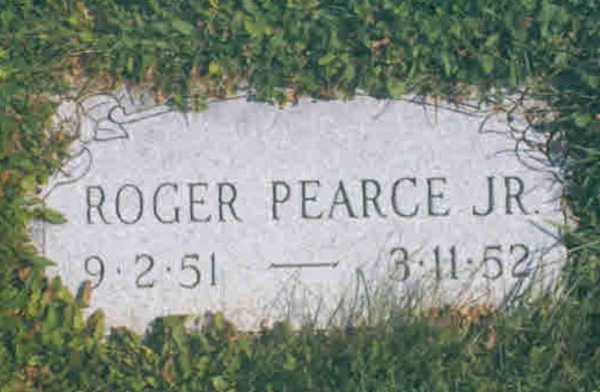Supreme Court agrees to reconsider whether unwilling state can be hauled into another state's court
The U.S. Supreme Court will hear a case in which a California tax agency claims it was treated unfairly in Nevada courts.
The Supreme Court granted cert on Tuesday in Franchise Tax Board of California v. Hyatt, a case pitting the tax board against a taxpayer accused of evading state income taxes. The case demonstrates “the dangers of allowing a sovereign state to be haled into another state’s court system against its will,” according to the cert petition (PDF).
The taxpayer, Gilbert Hyatt, sued in Nevada courts, claiming the tax board committed intentional torts in its audits, and won a $490 million judgment. Hyatt, an inventor, claimed the California auditor pursuing him disclosed his personal data, examined his mail and trash at his Nevada home, and vowed to “get that Jew bastard,” according to his brief (PDF) opposing cert.
The Nevada Supreme Court trimmed the award to more than $1 million, “with potentially millions more to come,” and refused to apply a damages cap that applies to Nevada agencies, the cert petition says.
“These facts illustrate exactly why sovereign immunity does not allow a sovereign state to be placed at the mercy of foreign juries and judges absent consent,” the cert petition says.
The first issue is whether Nevada courts can refuse to extend to sister states the same immunities enjoyed by Nevada. The second issue is whether the Supreme Court should overrule its 1979 decision Nevada v. Hall, which permits a state to be hauled into the courts of another state without its consent.
USA Today has coverage here. The SCOTUSblog case page is here.



